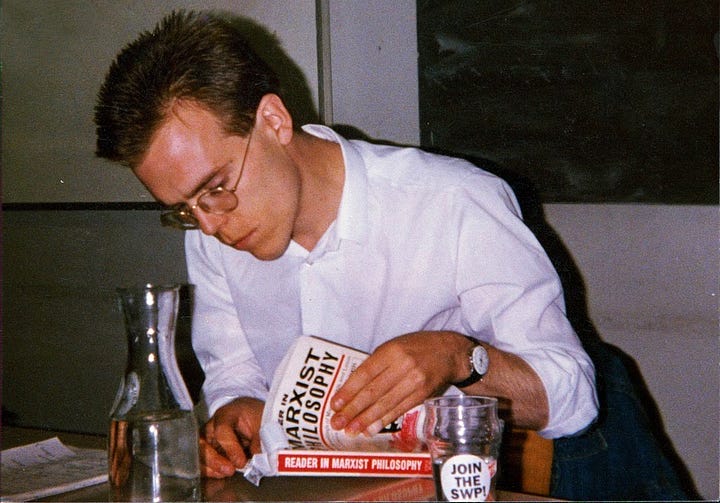
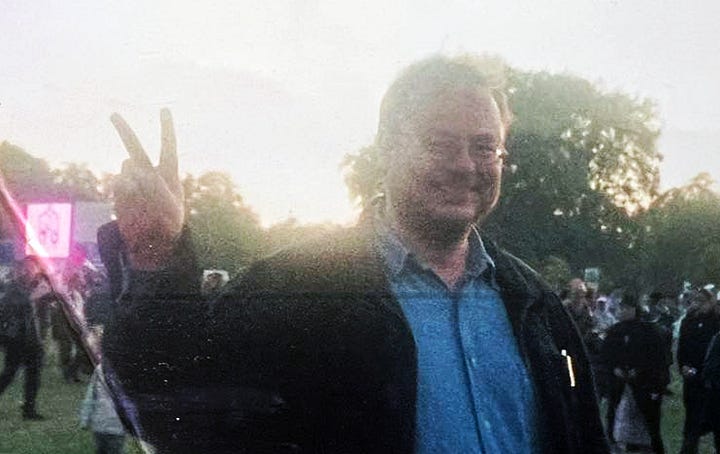
Trotsky once spoke of a raincoat that had holes in it. It was a perfect raincoat, he said - as long as it doesn’t rain. With the far left’s confused non-response to Trump’s fascism (when they aren’t simply congratulating him on pwning the liberals, and after spending a lot of energy denying he was a fascist to start with), hasn’t the revolutionary left as a whole turned out to be such a raincoat?
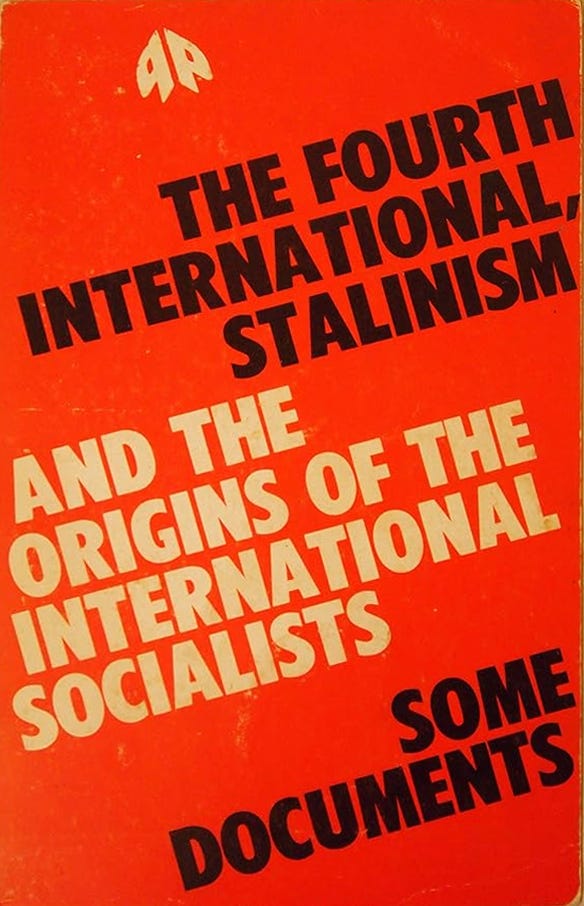



Topics discussed: Introductions; The SWP (Socialist Workers Party) and SWSS (Socialist Workers Student Society) in 1984; the miners’ strike; the revolutionary left in the 70s and 80s; a busted flush; the end of ouverism / workerism after the miners’ strike; East London IS (International Socialists), stewards and activists; York University; the social basis of Libertarian Communism in the postwar militancy; Mark Fisher vs the last generation to get a whiff of workers organisation; anarchists against the miners; state capitalism and Polish builders; Solidarnosc; Leninism vs the counterculture; Castoriadis (Socialisme ou Barbarie), Mike Kidron, Nigel Harris and Alasdair Macintyre (Socialist Review Group and International Socialists), Italian Autonomism breaking out of the ideology of Trotskyism; social justice in sectarian Ireland, segregated US, the Vietnam war; the Communist Historians Group and the utopianism of the countercultural left; Trotskyist disappointment after 1989 and the Colour Revolutions; How the SWP decided to become Trotskyist; conspiratorial, underground Marxism vs. Marxist (and post-Marxist!) rethinking; ‘Shock Doctrine’ Marxism, ‘No Logo’ and the rise of ‘anti-imperialist’ campism; defending the center / in defense of liberal modernity.
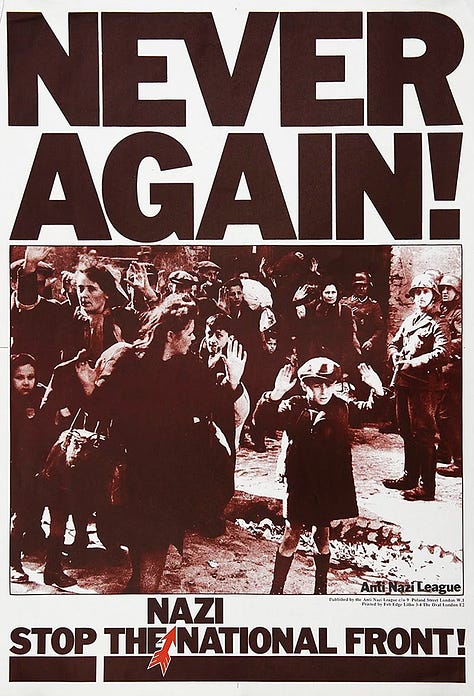
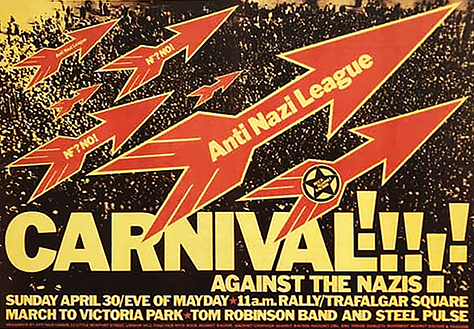
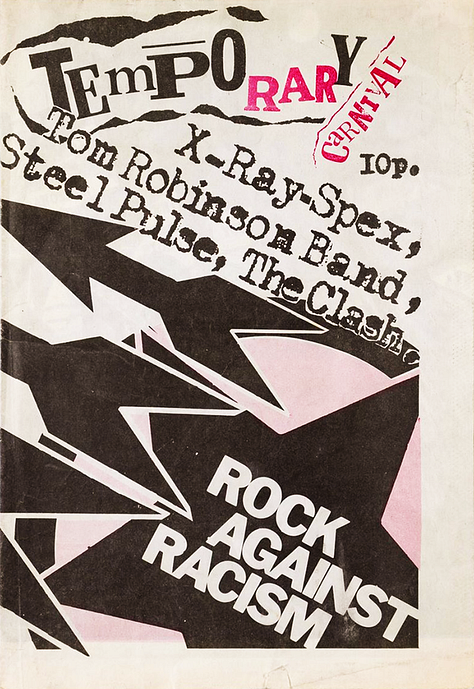

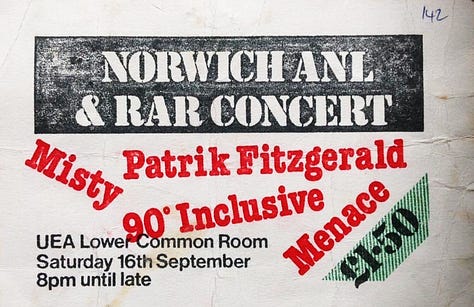
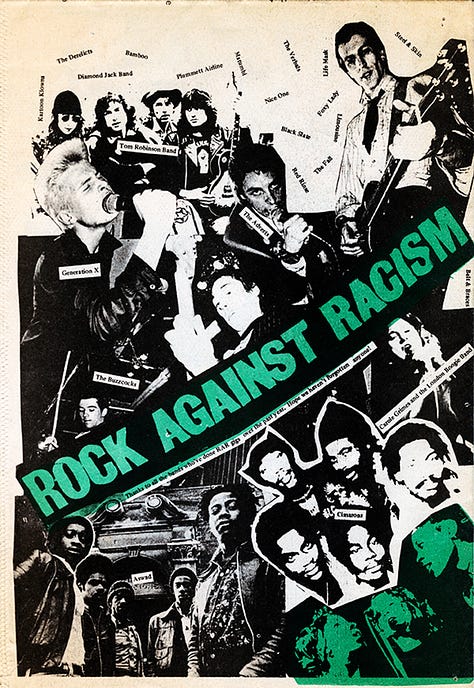
Summary
Revolutionary Left's Decline and Trotskyists' Shift
The decline of the revolutionary left, focusing on the SWP and the broader left; the shift in the Trotskyists' politics from the 1920s to the 1950s, and how they transitioned from a focus on the Soviet Union to a social democratic world; the changing nature of the nation-state and the internationalization of capital.
Revolutionary Left's Decline and Radicalism's Future
The decline of the revolutionary left since the end of World War II; experiences in the Socialist Workers Party (SWP) and the broader far left, noting the shift from a focus on workers' autonomy to a more geopolitical approach; the impact of neoliberalism and the rise of the US as a global power; the tension between the SWP's libertarianism and its Leninist ideology, as well as the influence of academic Marxism on the left; the radical left's failure to adapt to changing circumstances and its inability to articulate a new vision for radicalism contributed to its decline.

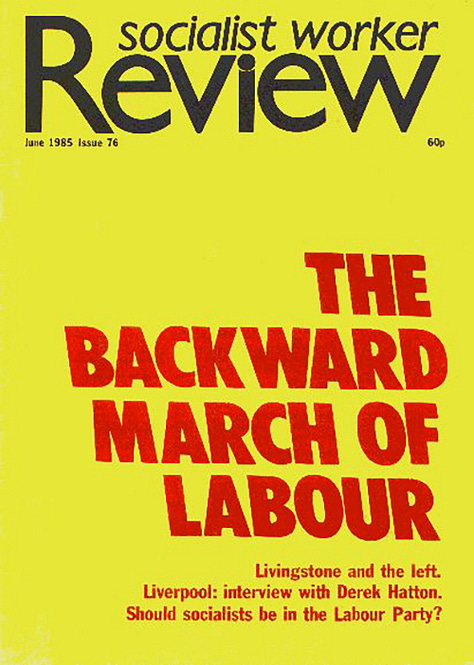
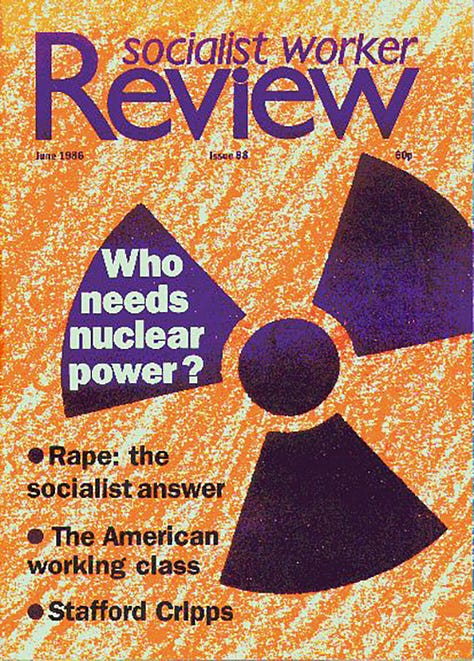
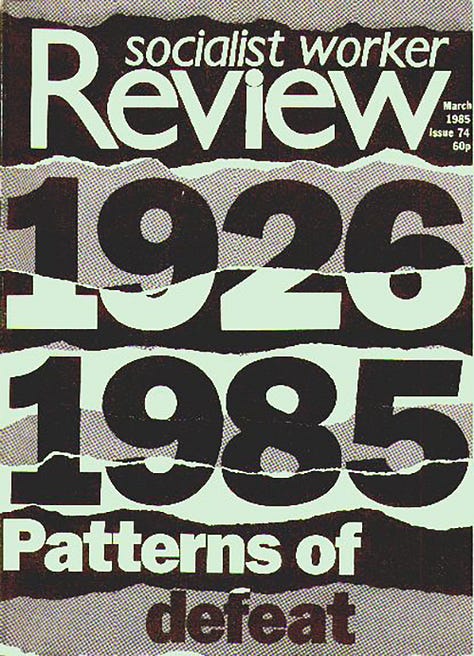
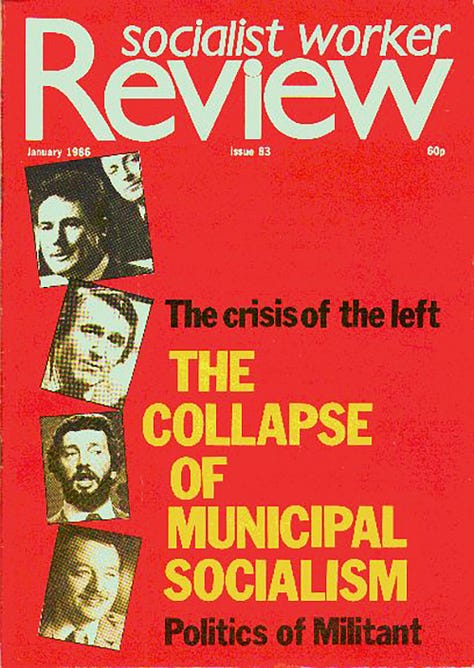
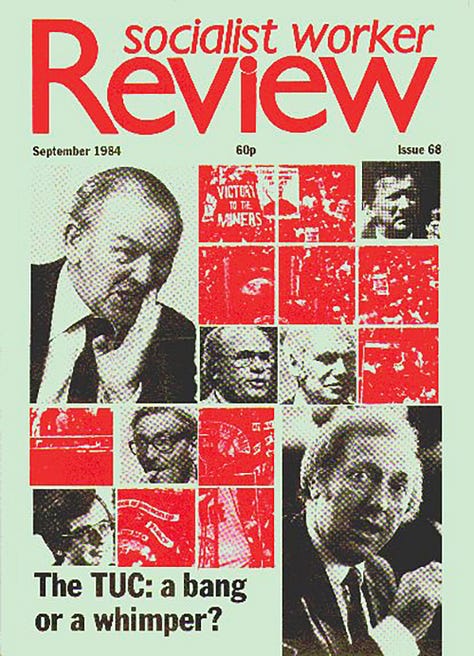
New Political Approach for Liberal Democracy
The need for a new political approach. Marxist ideology is no longer relevant; a new form of politics is needed to defend liberal democracy against authoritarianism; combining elements of liberalism and social democracy could be a viable alternative.
Rise of Far-Right Politics Under Trump
The rise of far-right politics, particularly in the United States under Trump's leadership; Trump's recent speeches and policies increasingly authoritarian and fascist-like; how Trump's approach differs from previous Republican administrations and worry about the potential for radical changes to the international order; political polarization, the role of social media in amplifying extreme views, and the challenges facing liberal democracy; the historical role of the church and how its decline may have left a void in society that is being filled by other ideologies.
Navigating Complexities in Leftist Discourse
Topics related to geopolitics, the Israeli-Palestinian conflict, and historical interpretations.; oversimplified narratives in leftist discourse, particularly regarding Israel and Palestine; disconnect between solidarity movements and ground realities, the performative nature of some pro-Palestinian protests, and the importance of understanding nuanced historical contexts; complexities of Jewish history in Europe and the Middle East, criticizing one-dimensional interpretations of Zionism and anti-Semitism.
Marxist Analysis Critique and Political Leadership
Shortcomings of Marxist analysis in predicting and understanding major political events like Trump's rise and ecological issues; Marxist thinkers clinging to outdated orthodoxies rather than engaging with current realities; the Egyptian revolution, Scottish politics, and American politicians like Obama and Michelle Obama. They note the importance of effective political communication and leadership skills, contrasting figures like Obama with current Labour leaders.


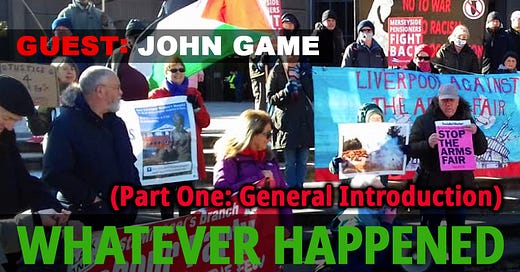




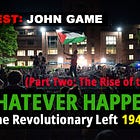

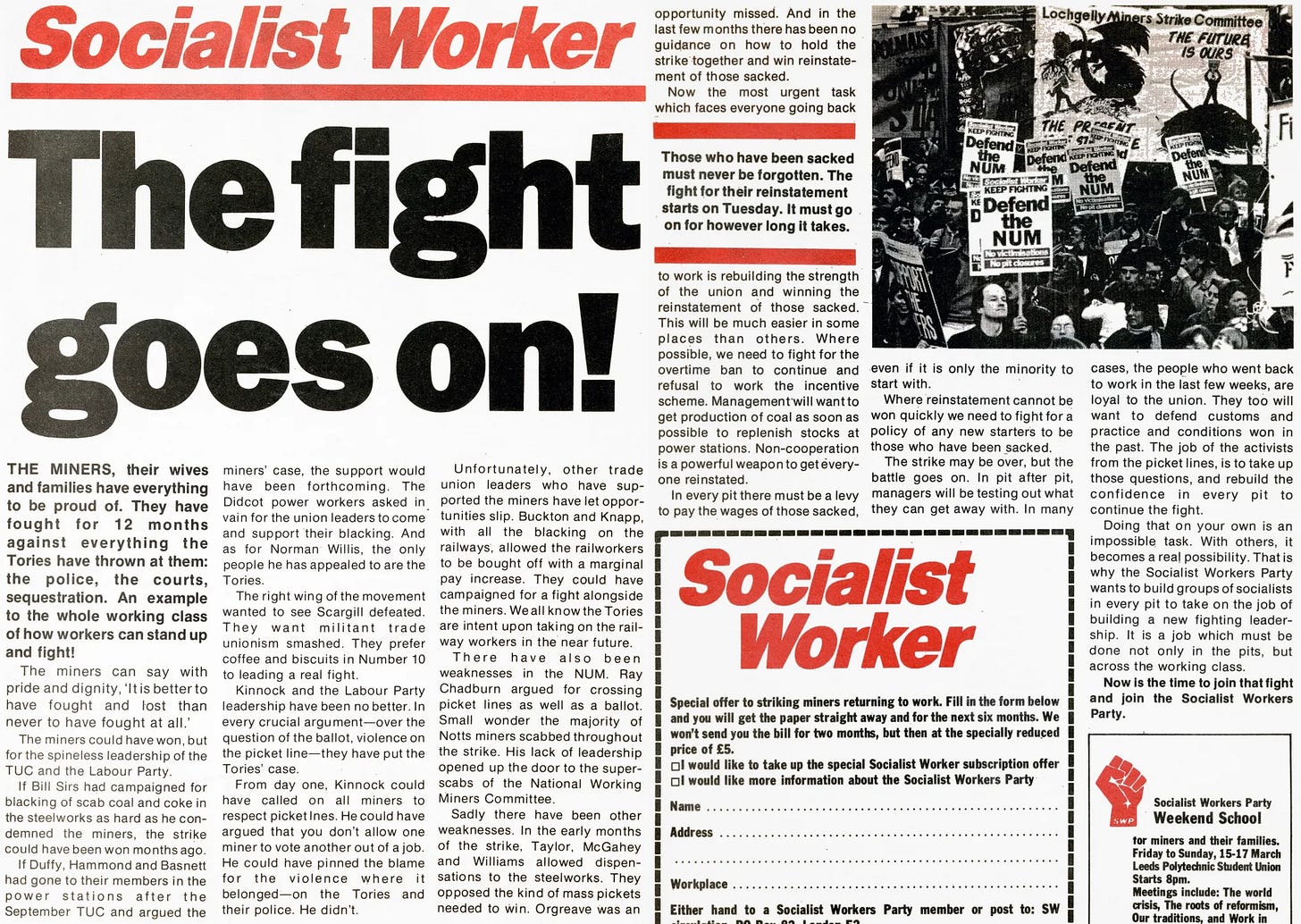
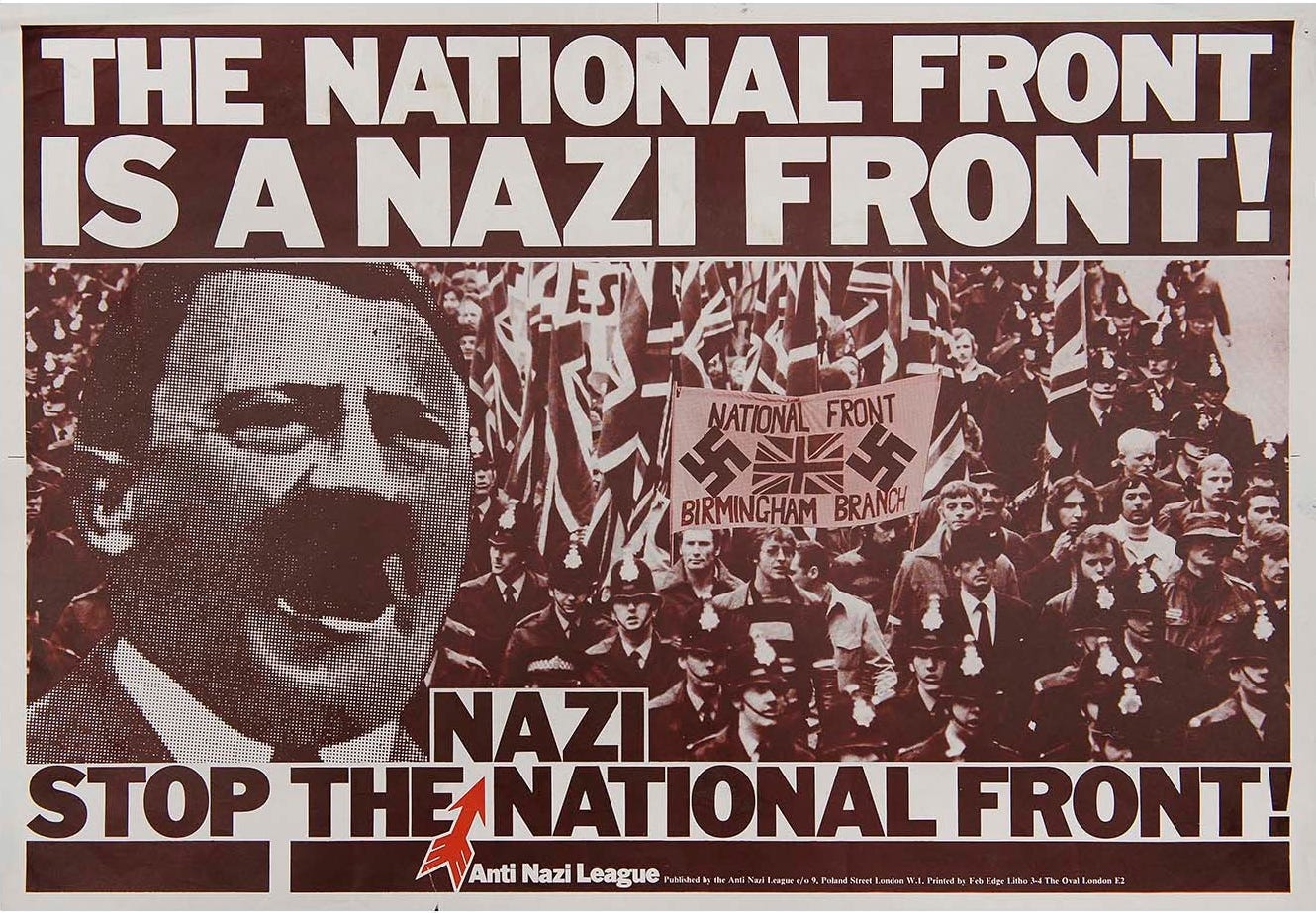















Share this post